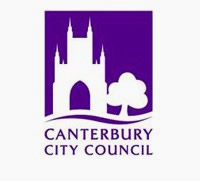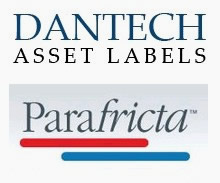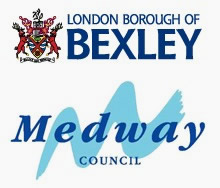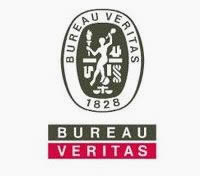What is a Domain Name Registrar?
A Domain Name Registrar is a company that can sell domain names. To do so it will be accredited by ICANN (Internet Corporation for Assigned Names and Numbers) to sell top level domain names or gFTDs (generic top level domains) such as .com, .org., .net and .biz.
Every country in the world has a two letter code which is used to make a ccTLD (country code top level domain). These ccTLDs are operated by a range of organizations with differing rules from one country to another.
Within the UK, the .uk domain name registry is Nominet UK. This is a not for profit company. It is known as the UK Registry. In the UK, domain names are not bought directly through Nominet, but via 3rd parties (Tag Holders).
What does the Domain Name Registry do?
The domain name registry holds and maintains the central register and operates the name servers for that domain. They will generally set policies for the names they control and may restrict usage of certain domain names. Within the UK, the domain name registry has restricted the use of certain second level domain names. For example .gov.uk domain names are restricted to government and local authority organisations, and .sch.uk domain names are restricted to UK schools.
What is a Tag Holder?
Unusually compared to other countries, Nominet does not normally handle domain name registrations directly, but uses 3rd parties or 'tag holders' . They are so called because each owns a unique tag known as the IPS Tag.
Almost anyone can become a 'tag-holder'. There is fierce competition and many domain name specialist companies offer good value with no transfer out fee. Various ISP's, hosting companies and website design companies are also 'tag holders' and can register domains. Be careful about very high 'transfer out fees' and slow levels of service and poor quality setups with such companies.


























